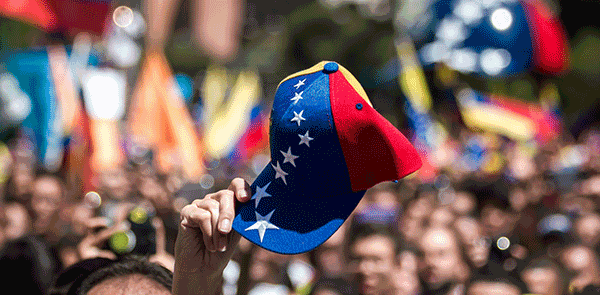|
The price of a happy holiday: It costs 37% more to rent a car today than it did one year ago.
Average consumer prices in the U.S. were 6.8% higher in November than one year ago. But beneath that top line number are a range of goods and services that have been particularly hard hit, and which will make the holidays much more expensive for many Americans.
AAA estimates that travel this holiday season will be up by 34% over 2020, with almost 28 million more Americans on the country’s roads, railways, and airlines. But those travelers will face sharply higher prices: not only is gasoline 58% more expensive than a year ago, but renting a car is 37% more expensive, and the price of a hotel stay has gone up by 25.5%. The Christmas ham will be 10.7% more expensive, and a beef roast is up 26.4%.
The rental car industry illustrates how rising inflation is driven by the convergence of a number of today’s many economic challenges. When travel inside the U.S. plummeted in 2020, many car rental companies sold much of their fleets for cash just to keep their doors open. But now that demand for travel has rapidly returned, these same companies aren’t able to purchase enough cars to meet the demand. Globalized supply chains have pinched vehicle manufacturing as companies wait for back-ordered superconductors or other parts. Even after the goods arrive, not enough workers are available to offload the containers, nor are there enough truckers available to ship the goods inland once they are finally offloaded. This can be seen in the worsening pile-up of ships off the coast of California, stretching across the Pacific.
As a result, U.S. inventories of new cars are at about 30% of pre-pandemic levels, increasing the demand for used and rented vehicles. To one extent or another, similar issues are conspiring to increase the price of goods and services across the economy—especially, it seems, those needed for a happy holiday.
|











